On the morning of October 11, in Da Nang City, the 2nd Conference of the Coordination Council of the North Central and Central Coast regions took place with the theme of Planning for the North Central and Central Coast regions for the period 2021 - 2030, with a vision to 2050.
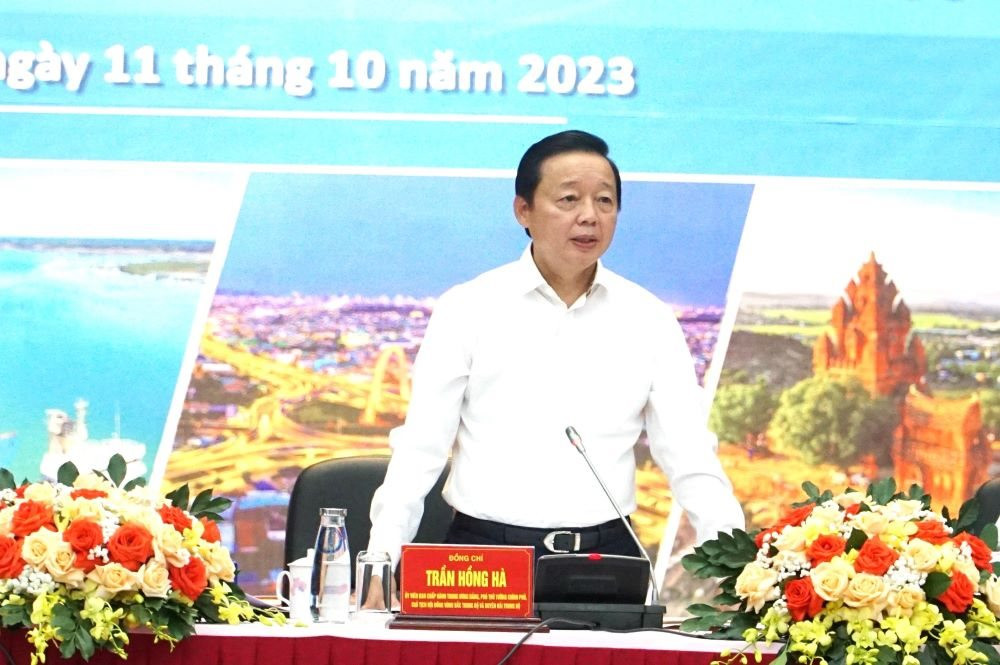
Deputy Prime Minister Tran Hong Ha, Chairman of the Regional Coordination Council chaired the conference. Co-chairing was Minister of Planning and Investment , Nguyen Chi Dung, representative of the regional planning agency.
Speaking at the opening of the conference, Deputy Prime Minister Tran Hong Ha said that the planning of the North Central and Central Coast regions for the 2021-2030 period, with a vision to 2050, is a step to concretize the national master plan, demonstrating the major and fundamental orientations of national sectoral plans on organizing development space.
To do that, planning needs to have a way to identify and select localities with similar natural conditions that can support and promote each other's strengths. Therefore, identifying sub-regions is an important factor. In addition, planning also needs to determine the order of priority for sequential planning, for example, prioritizing projects that are regional driving forces, creating spillover and connectivity instead of spreading investment as it is now.
“For a long time, we have developed individual socio-economic projects for each locality, but now we are prioritizing inter-local projects in sub-regions or the entire North Central and Central Coast regions. The conference will also focus on solving current problems in the region, to promote economic growth and in the long term, help the region adapt sustainably and develop more strongly,” the Deputy Prime Minister emphasized.
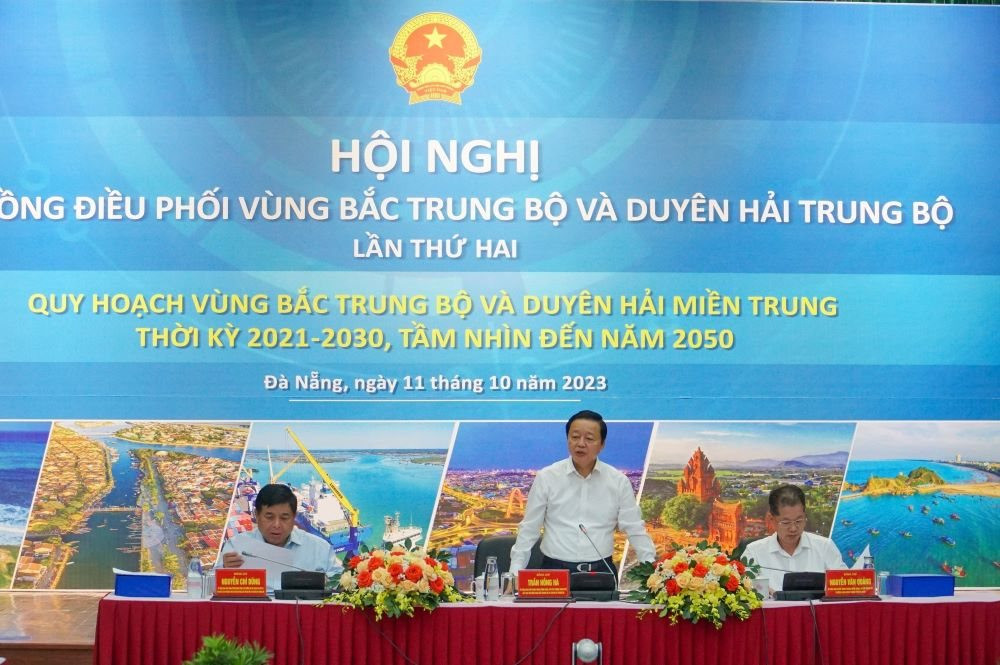
At the Conference, Minister of Planning and Investment Nguyen Chi Dung asked members of the Regional Coordination Council, relevant agencies and organizations, experts and scientists to give their opinions on the draft Master Plan for the North Central and Central Coastal Regions for the 2021-2030 period, with a vision to 2050, focusing on the following contents: Goals, key tasks that need to be solved and breakthroughs of the region; Is the division into 3 sub-regions to implement development plans for sectors and fields appropriate or not? Orientation for developing the region's infrastructure, focusing on road and railway, aviation and maritime transport infrastructure; proposals on developing functional areas in the region with a system of economic zones, industrial parks, high-tech parks and tourist areas.
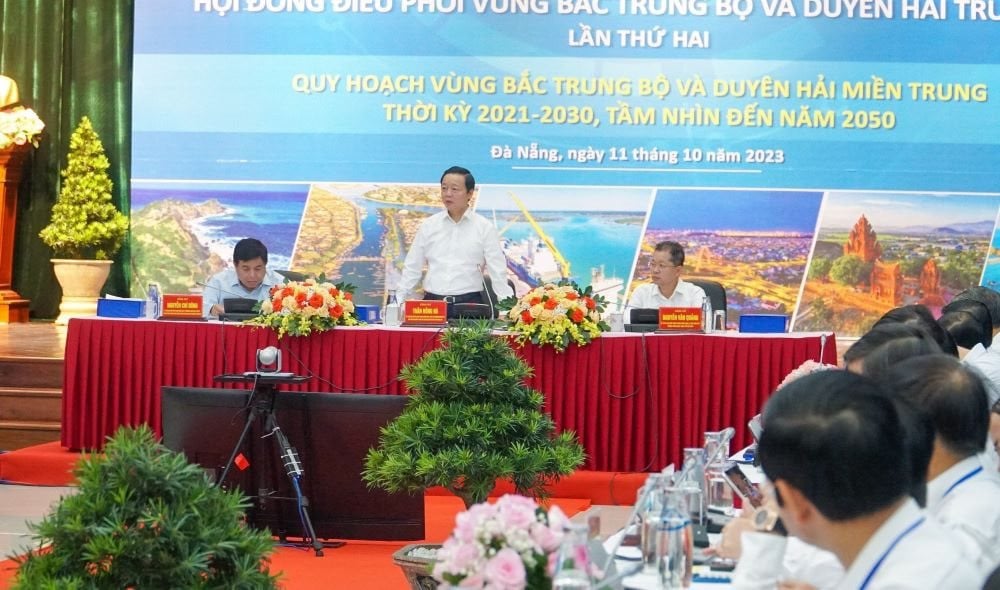
In addition, localities also gave their opinions on the direction of urban development with the goal of accelerating the speed and improving the quality of urbanization, forming three urban sub-regions and turning two more provinces into centrally-run cities; Solutions and resources for implementing the planning, including the list of priority regional linkage projects for investment in the period of solutions on mechanisms and policies to ensure effective regional linkage in regional development cooperation for rapid and sustainable regional development.... On that basis, the Ministry of Planning and Investment will focus on researching, receiving and completing the Regional Planning dossier for submission for appraisal and approval according to regulations.
Expressing opinions at the Conference, delegates basically agreed with the formation of urban sub-regions because the terrain characteristics of the South Central Coast region are long and narrow, with diverse natural conditions, so inter-regional development is extremely necessary. However, the consulting unit must have a specific analysis of the characteristics of each sub-region, which in the consulting report has not clearly stated development priorities, especially in terms of infrastructure and tourism, which are the strengths of the region.
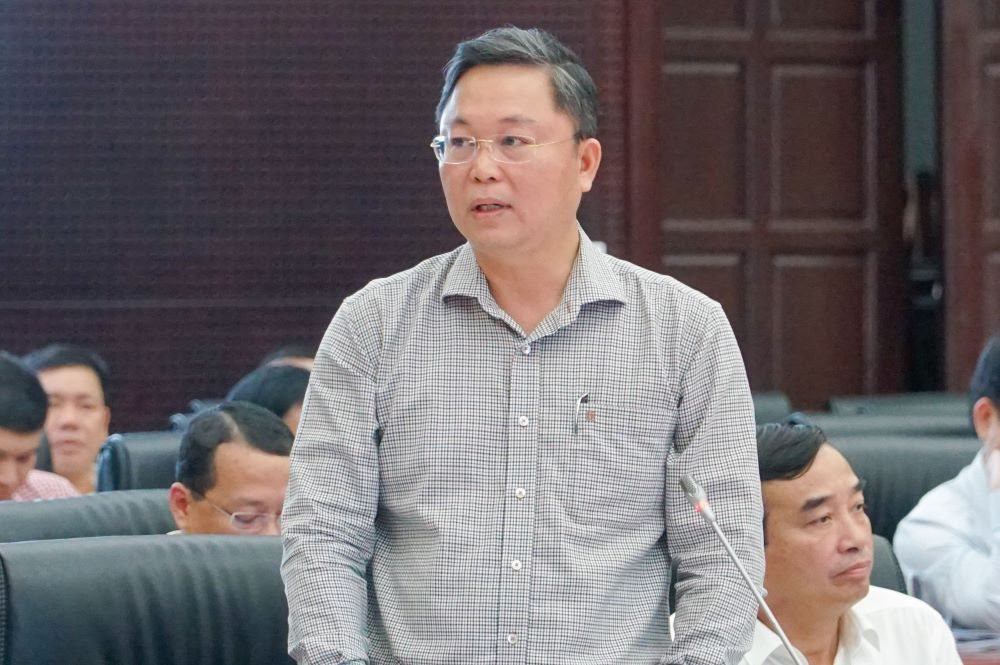
Speaking at the conference, Mr. Le Tri Thanh, Chairman of the People's Committee of Quang Nam province, said that planning will create development momentum if it is properly and sufficiently oriented, but on the contrary, it will hinder development if it is done hastily. However, according to Mr. Thanh, this draft planning has not highlighted breakthroughs to attract resources for the region. For example, in Quang Nam, an industrial park for automobile manufacturing and assembly and related supporting industries has been formed, but the planning does not clearly state the development orientation, how to connect, and the spillover effect of participating in the global supply chain to create regional breakthroughs is not clearly mentioned.
Regarding the consultant's proposal to establish a regional waste treatment area in a locality, most localities expressed their opposition because it was inappropriate and there was a high risk of inter-regional incidents. According to Mr. Le Tri Thanh, Chairman of the People's Committee of Quang Nam province, we strongly agree with the inter-regional issue. However, from the experience of Quang Nam in dealing with waste incidents, the local viewpoint on waste treatment must be implemented in a decentralized manner. Each locality must proactively build its own waste treatment area suitable to its characteristics, needs for each stage and modern technology. Because if a regional waste treatment area is established, when an incident occurs, a series of localities will be affected.
Regarding the draft planning for the North Central and Central Coast regions for the period 2021 - 2030 and vision to 2050, Chairman of the People's Committee of Quang Ngai province Dang Van Minh said that to complete the regional planning, it is necessary to get opinions from 28 central ministries and localities in the planning. If the planning does not update the provincial planning, when the regional planning is approved, the provincial planning - the lower-level planning must be adjusted. At that time, the province will have to go back to adjust, which will be very time-consuming.
"We request that the consulting unit fully update the provincial planning that has been and is awaiting approval," said Mr. Minh.
Besides, according to Mr. Minh, there are many issues and core contents of Resolution 26 of the Politburo on "Socio-economic development and ensuring national defense and security in the North Central and Central Coast regions".
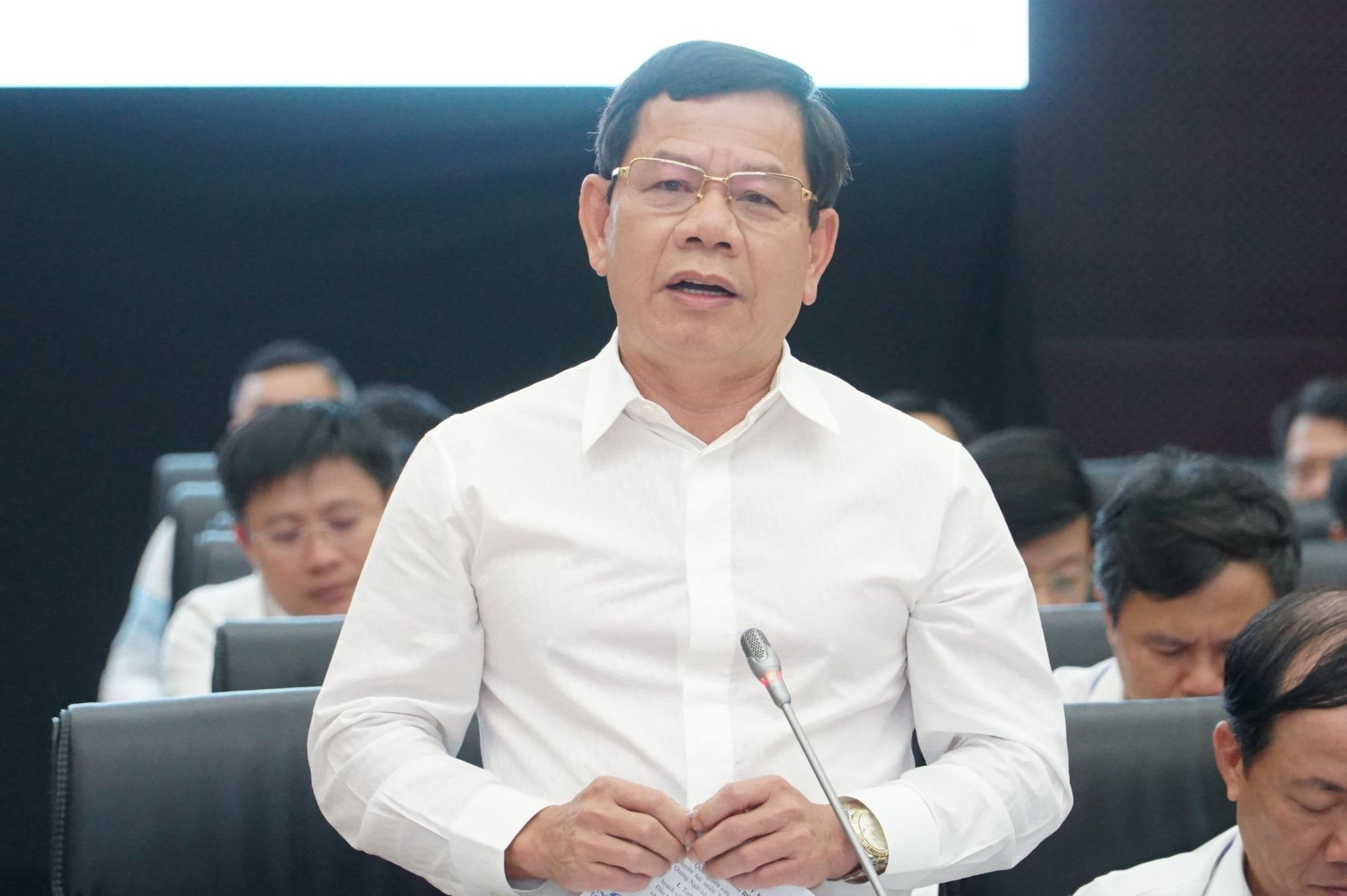
Concluding the Conference, Deputy Prime Minister Tran Hong Ha acknowledged the frank and specific opinions as well as recommendations on mechanisms, policies, and investment priorities for development in each locality, region, and sub-region, both in the short and long term.
According to the Deputy Prime Minister, regional planning is not the sum of provinces but must clearly present methodological issues, highlighting the importance of the region. Regional planning must select issues that localities in the region are interested in and choose. At the same time, planning needs to clearly identify immediate and long-term tasks, be flexible and creative, create development, creative space, and connection between localities, both regionally and inter-regionally. The criteria for regional planning must be based on the national master plan and local planning.
The Deputy Prime Minister also noted that this is a key area, so the economy is a priority, but national defense and security issues also need attention. He suggested that localities continue to research and that consulting units absorb the information to complete the Draft Regional Planning, creating more sustainable and stronger development.
Source





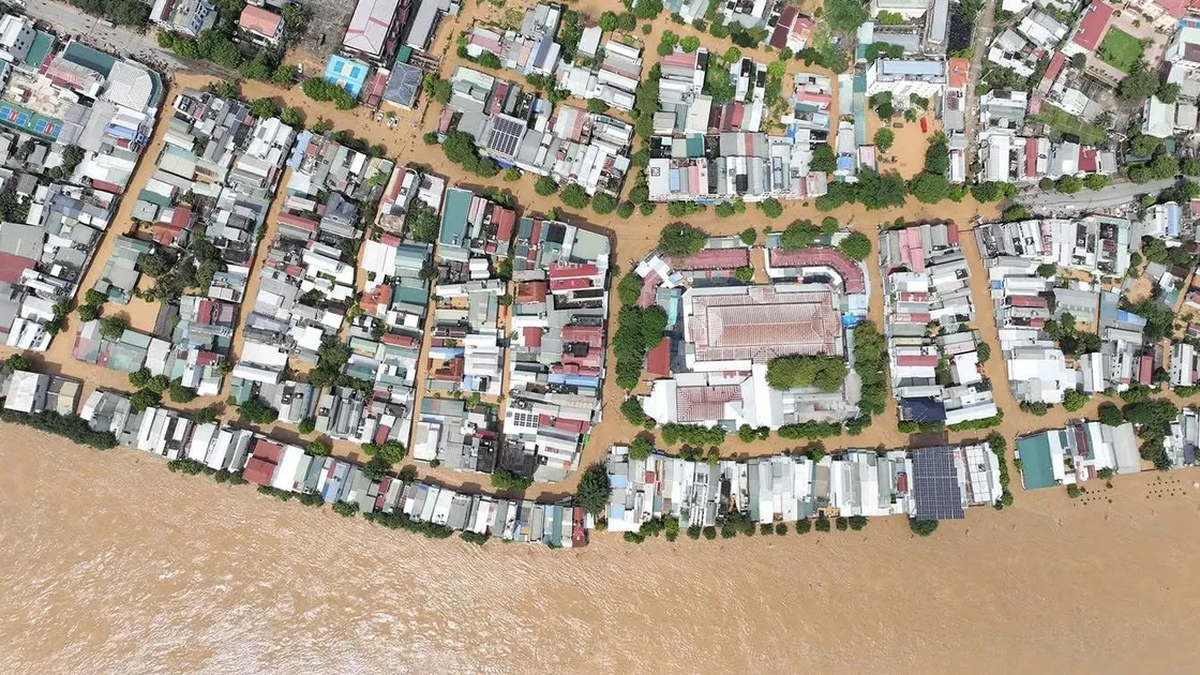





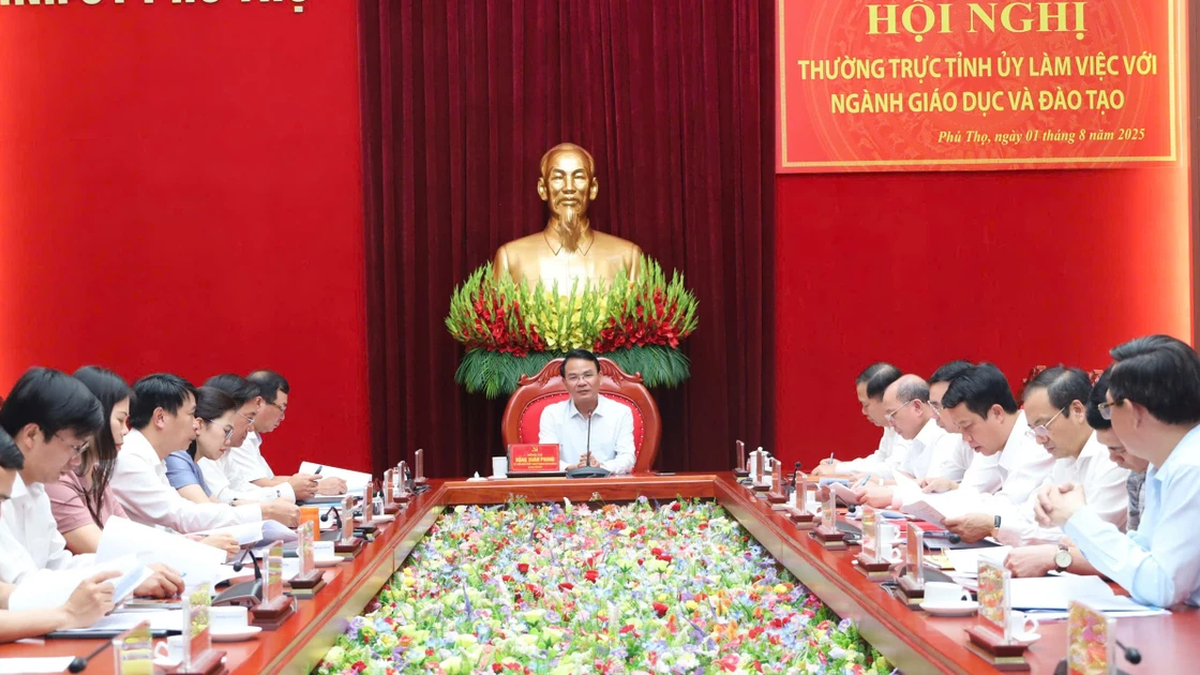






























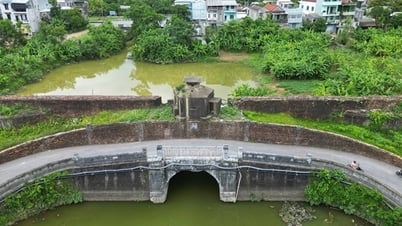











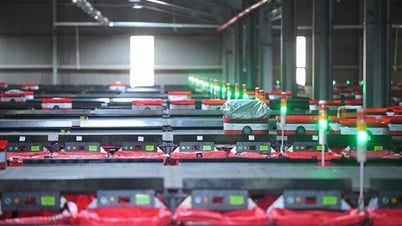



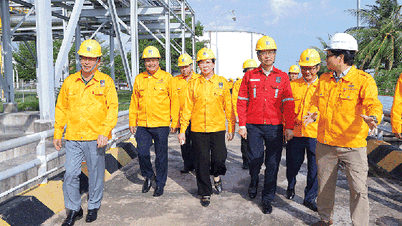





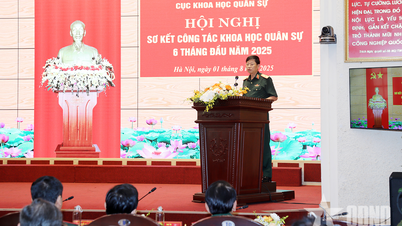
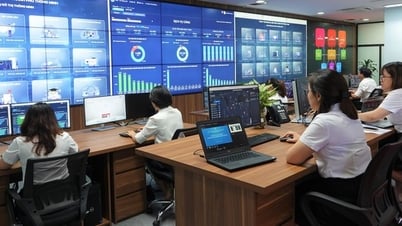
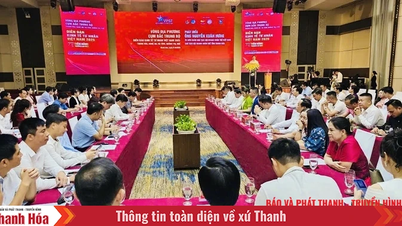




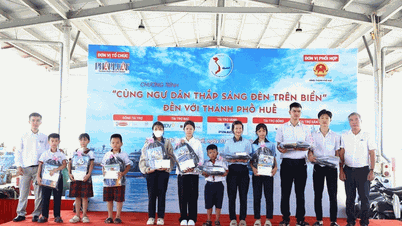

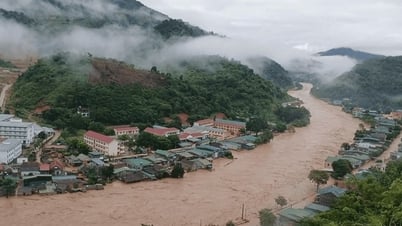






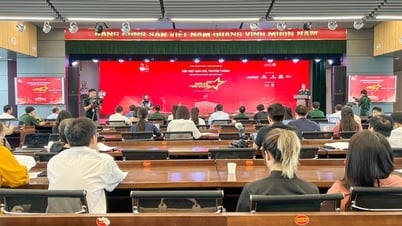























Comment (0)